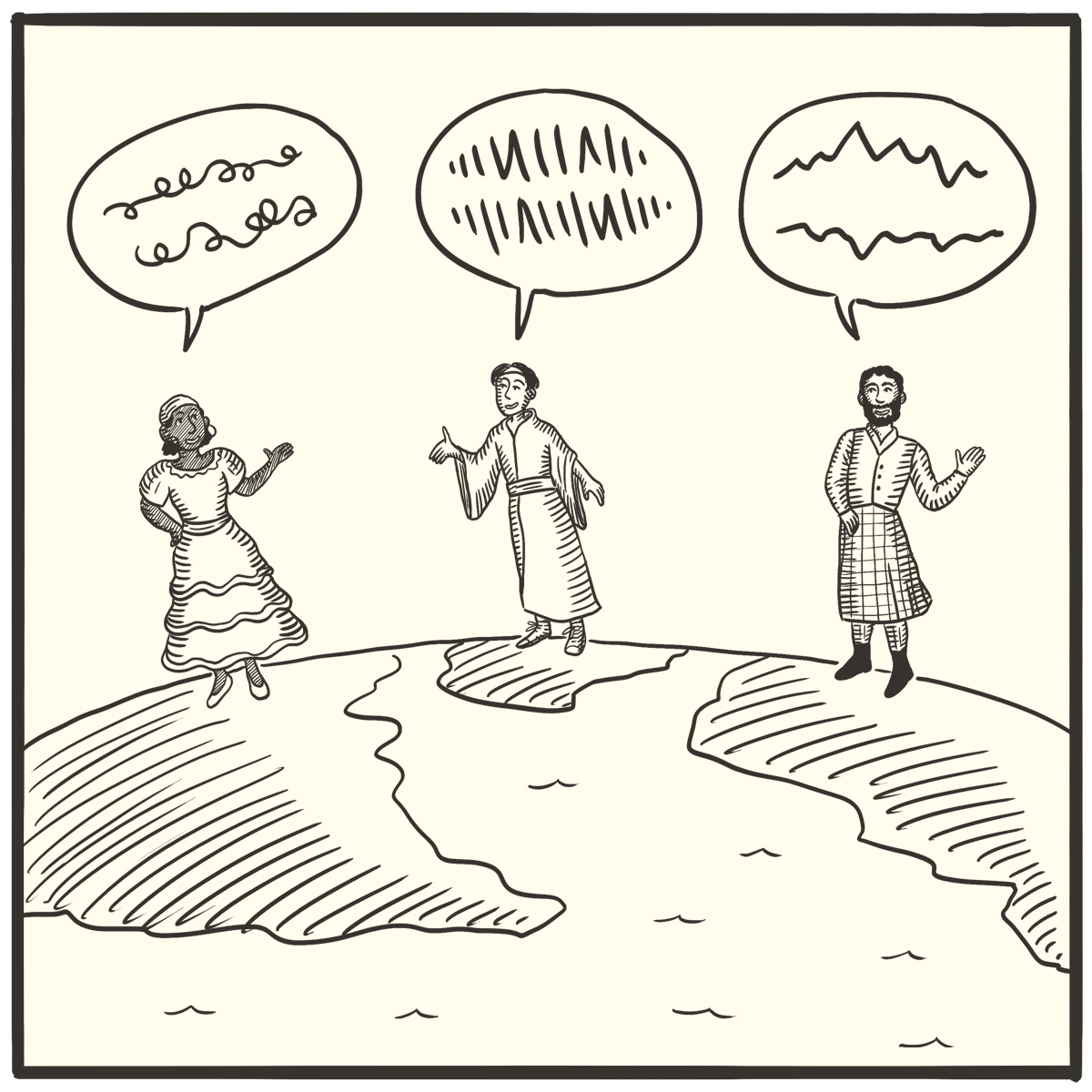
1. A problem
JEEZ, WOULDN’T IT BE GREAT IF SCHOOLS TAUGHT LIFE SKILLS?
People have been saying this for a hundred years. But, hilariously enough, whenever this is tried, school becomes simplistic, moralistic, and anti-educational. (“Brush your teeth!” “Be on time!” “Spit out the gum, mister!”)
Whoops.
We need a way to help kids live well that expands their imaginations.1
2. Basic plan
In elementary school, provide kids with a proverb a day. Pick them to be as diverse as possible in meaning and origin. Have them write it down in a special spot. Fold this into writing activities you’d be doing anyway, like practicing handwriting or spelling.
Then, ask them, “what the heck does this mean?” Have them restate the proverb in their own words. When kids disagree, highlight different interpretations.
Finally, help them commit these proverbs to memory, and turn ‘em into intellectual fuel by connecting them with the stories and ideas they’re learning.
3. What you might see
Kids carefully copying an intriguing statement into a notebook. Kids talking about them, comparing them, and arguing over them. Kids bringing them up, unbidden, when talking about literature or philosophy.
And — fingers crossed — kids using them in their actual lives.
4. Why?
A proverb is the most experience packed into the fewest words.
People have created proverbs in every culture to crystallize their experiences. They’re thick with wisdom wrought from pain. And the ones that survive are those that were seen to be the most important (and were also the most memorable).
Well: we want to
connect kids with the wider world, and
help our kids become adults.
Equipping them with world proverbs might be the most straightforward way do both.
5. Egan’s insight
Where do we see this in the human experience?
For 99% of human history, we lived in oral cultures, before writing. And people in oral cultures might be expected to know hundreds of proverbs.
The famed anthropologist Claude Lévi-Strauss created a phrase for this: bonnes à penser. In English, it translates to “things that are good to think with”. (Note: not “good to think about”, but “good to think with” — at some point, a proverb stops being an object of thought, and becomes a tool for more thought.)
How many do you know? A dozen?2
This is all to say: we’re impoverished, and we don’t even know it.
How might this build different kinds of understanding?
A big idea is built from many small ideas. Proverbs are quintessentially MYTHIC (🧙♂️), but they become the pieces that, historically, have spurred people toward the 👩🔬THEORIES and 👩🔬IDEOLOGIES of PHILOSOPHIC understanding. (What do these weird emoji mean?)
6. This might be especially useful for…
Fools!
7. Critical questions
Q: Five per week? Slow down there, Brandon!
I mean, these are short, and while you can dive in there’s really not much you need to do with them. And they double as writing practice!
Furthermore, 5 per week × 30 weeks × 4 years = 600 proverbs by the end of fourth grade. That’s probably around the human norm before writing was invented.
But if five is too many for you, three a week would be okay, or even just two. (2 per week × 30 weeks × 4 years = 240 proverbs. That’s still a good number of proverbs!)
Q: Unrelated proverbs, one after the other? Seems… scattered.
It might be nice to organize these by week — one week of proverbs about wisdom, another week about fools, another about bravery, another about pigs… (A professionally-made curriculum of these — cue A Market for Lessons°! — might want to work on this basis.)
Q: How do we know if the proverbs we find are real? (Confucius didn’t say most of the things he said.)
There’s a whole scholarship on proverbs; the ones I shared here come from The Routledge Book World Proverbs, by Jon R. Stone.
Q: Still, few proverbs survive translation.
Eh, maybe.
In any case, it makes me wonder if a professionally-made proverb curriculum might include the quote in the original language. The students wouldn’t need to do anything with these, but it would (1) stoke the curiosity of kids who are drawn to other languages, and (2) serve as a nice reminder that other languages, y’know, exist.
Q: Can I use modern-day quotes for this?
Obviously, proverbs are similar to quotes — but different in enough ways that it might make sense to hold them back until at least middle school.3
Q: Do they really need to MEMORIZE the proverbs?
…probably?
A century of Educational Progressivism has made us allergic to committing things to memory. This has had unexpected effects. Egan writes:
The very term rote learning, denoting a kind of learning that is supposed to be pointless and meaningless, has displaced the hard practice of having students learn by heart. [This] has impoverished the imaginations of generations of students.
– Kieran Egan, Getting It Wrong from the Beginning
So I’d say try it, and if your kid rebels, compromise by letting them choose the half of the proverbs that they’d be willing to learn by heart.
Got another blistering objection? Frankly, WE WOULD LIKE TO HEAR IT. Become a subscriber and join in the comments conversation.
8. Physical space
At home & in a classroom
You’ll want to post all the proverbs you’ve learned so far in a common place, so everyone can refer to them at will. (This will make it natural to compare proverbs to one another.)
9. Who else is doing this?
Here’s a puckish suggestion: anything that Christian, Jewish, and Muslim schools do with scripture memorization, we can probably do with world proverbs.
Probably that goes too far! There’s definitely something about believing that certain sentences are THE LITERAL WORDS OF GOD that puts scripture in, y’know, a special category.
But the first rule of that category is: take this stuff seriously. And that’s something that, in modern education, we rarely do with text.
How might we start small, now?
Google “world proverbs about _______”, invite your kid to pick five, and try this for a single week. (Hint: turns out that people around the world are really interested in talking about cats, dogs,4 wolves, elephants, horses,5 rabbits, scorpions,6 fish, and owls. Try starting with an animal.)
UPDATE:
points to worldofproverbs.com as a great source, and clicking around for a few minutes, I agree!Especially great is that you can search by topic or by culture. (Note that cultural categories listed above get more specific — you can look at all African proverbs, or get specific and look just at Ashanti or Bembo or Cameroonian ones… and that’s just to “C”.)
I’ll say that the only thing I’d like to see is how trustworthy these are — are they really from the culture in question, or are they only reputed to be? (I’m thinking of things like “May you live in interesting times”, which I’m told is not actually a Chinese curse.) So far, I haven’t been able to find info about this on the website.
10. Related patterns
Proverbs are a form of Microliterature°, so all the tools of analysis that we sharpen for things like poems, jokes, quotes, and so on will work for these, too.
This is a great fuel for The Art of Memory°, and for other memory-related tools like the Forgetting Curve Box°.
Proverbs support Geography by Heart° by imbuing cultures with flavor. (It’s one thing to memorize where Iran is; it’s another thing to connect it to the Persian wisdom tradition.)
Because of that, they’re a way to help build the first version of Customs and Cultures°, the study of anthropology which will come in middle school.
But aside from that, it’s also a way to start thinking about What is a Good Life?° and What is a Good Society?°. It also might a way to make Intergenerational Conversations° easier.
Afterword:
Book club
Our (rescheduled) book club is this weekend!
Saturday, May 4
3pm Eastern Daylight / 12pm Pacific Daylight
The topic is what the greatest possible history curriculum would look like… and how we can start building it now. You can see more (like the short readings) on our Book Clubs page. I’ll post a special, paid-subscribers-only link on Saturday morning.
Learning in Depth summer intensive
Plans are underway! Alessandro and I will be giving a preview of our plans for (and seeking feedback from) folk who’re interested on Saturday, May 11. If you’re interested in joining, fill out this form.
Which isn’t to say that you shouldn’t brush your teeth.
A stitch in time saves nine. Look before you leap. Many hands make light work. Too many cooks spoil the broth. He who hesitates is lost. Um, the fear of the LORD is the beginning of wisdom. Beer before liquor, never been sicker? Red and black, friend of Jack? Eeny-meeny-miny-moe?
Because they come from individuals, they don’t represent a whole culture in the same way. And since they were quickly preserved in writing, they’re usually not as easy to commit to memory.
“The dog that means to bite doesn’t bark.” –Italian
“Where there is a braying horse, there is a kicking horse.” –Korean
“Every stone conceals a lurking scorpion.” –Roman




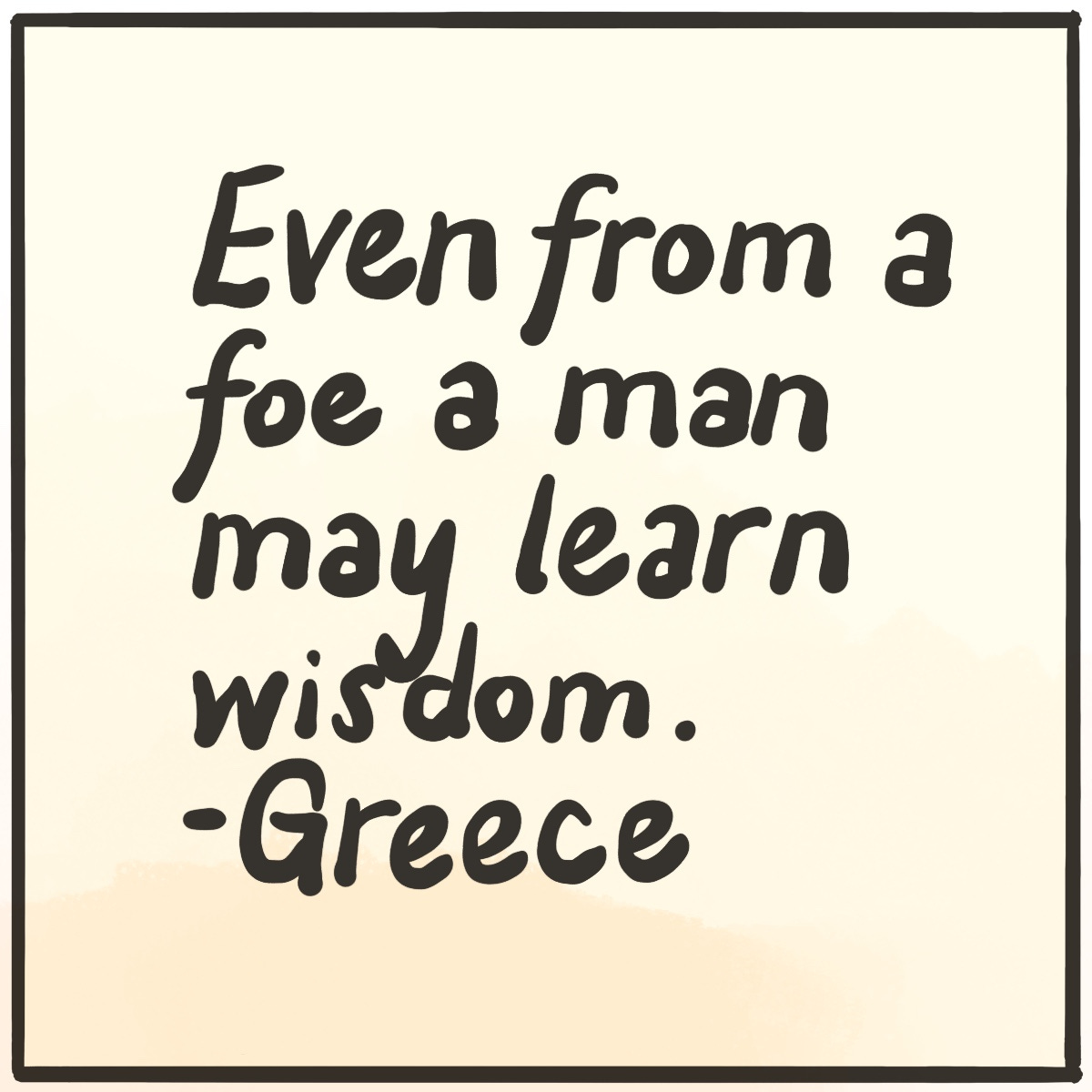
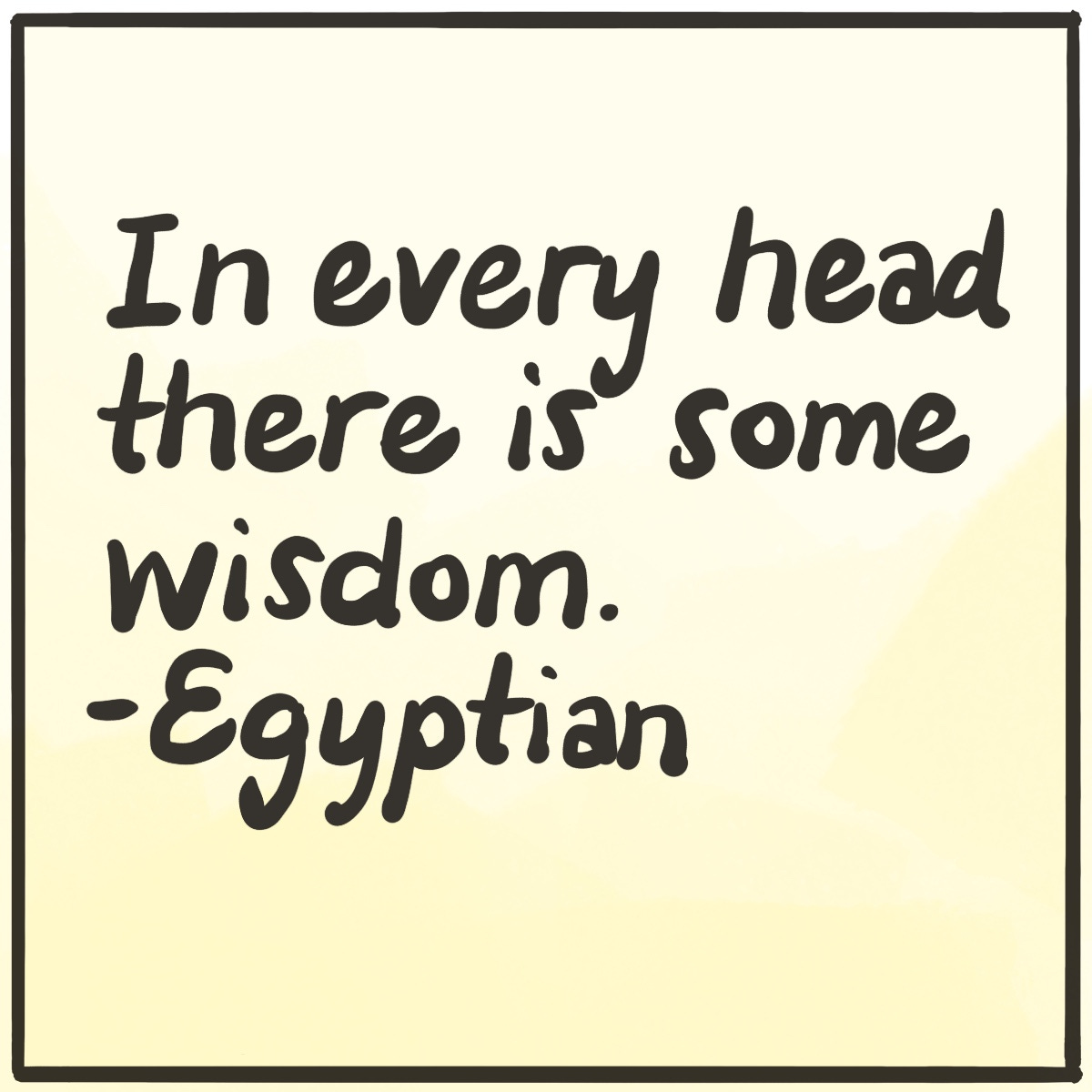
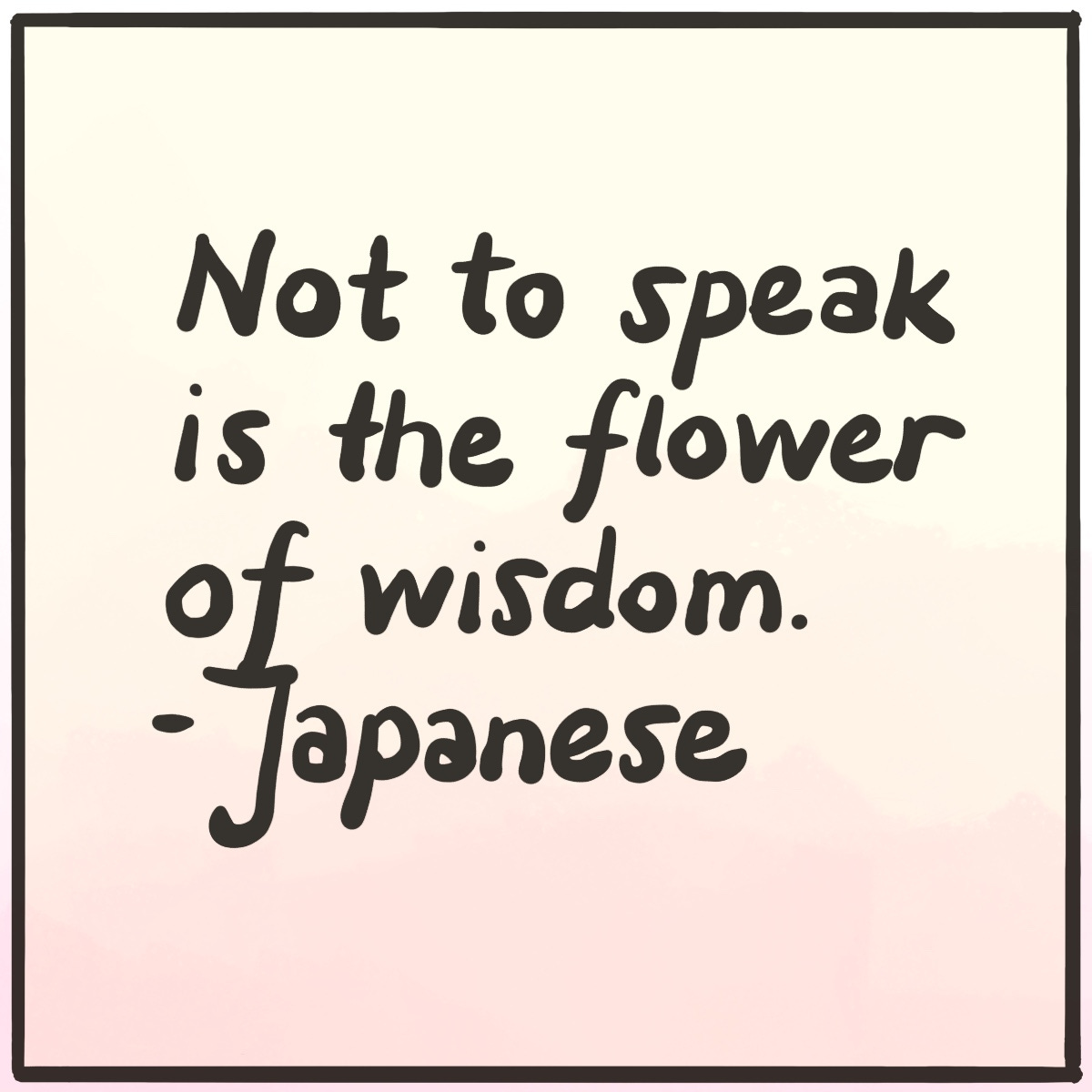
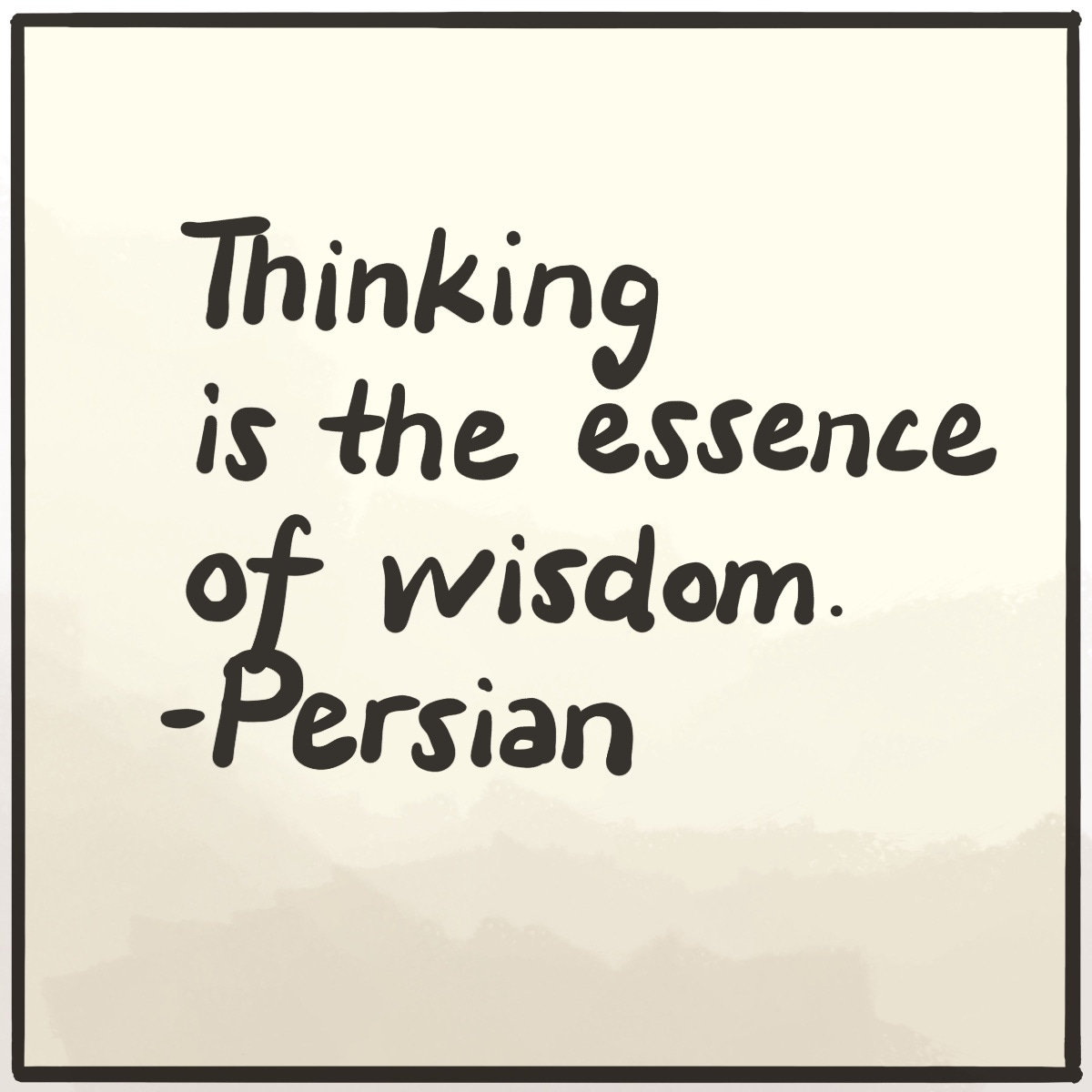
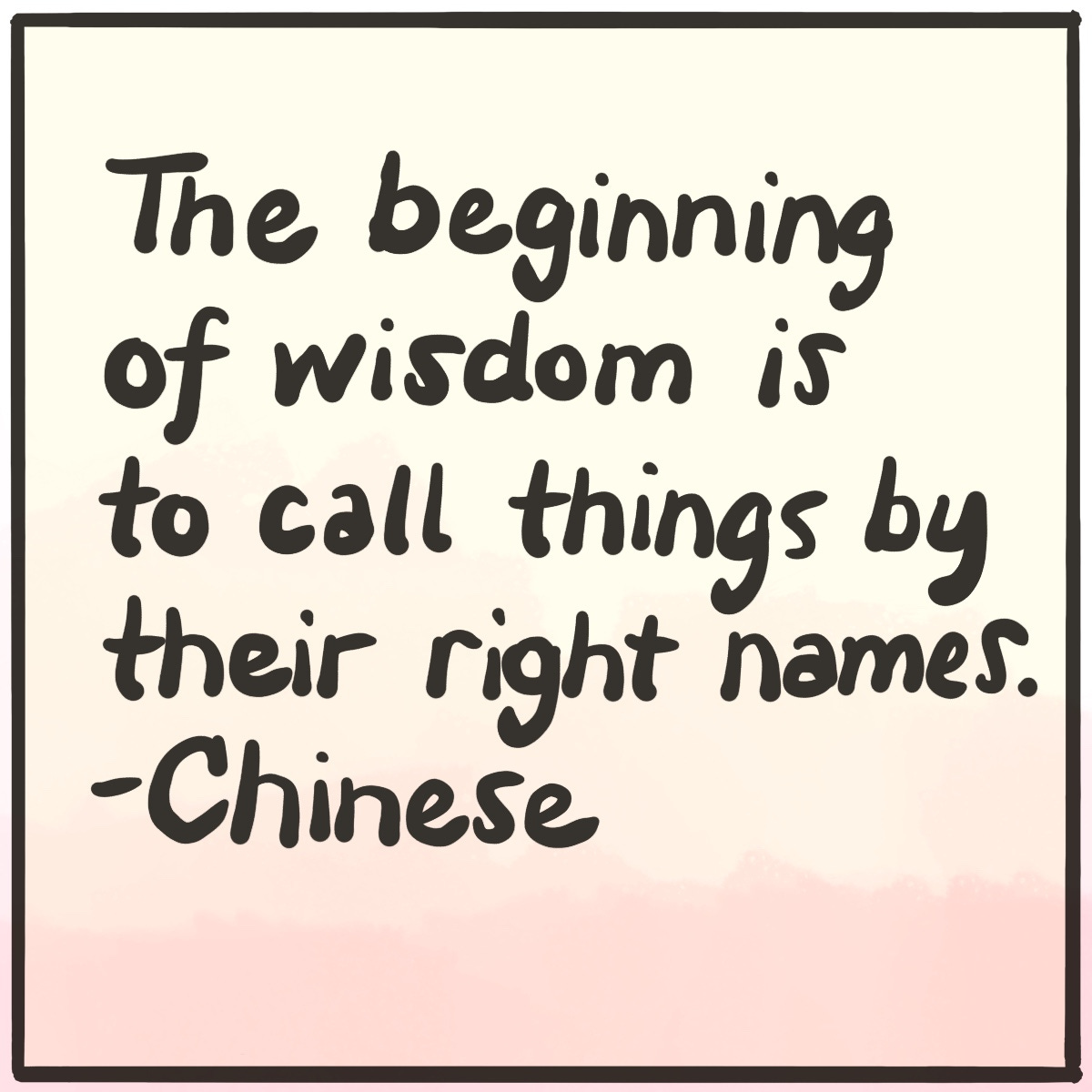
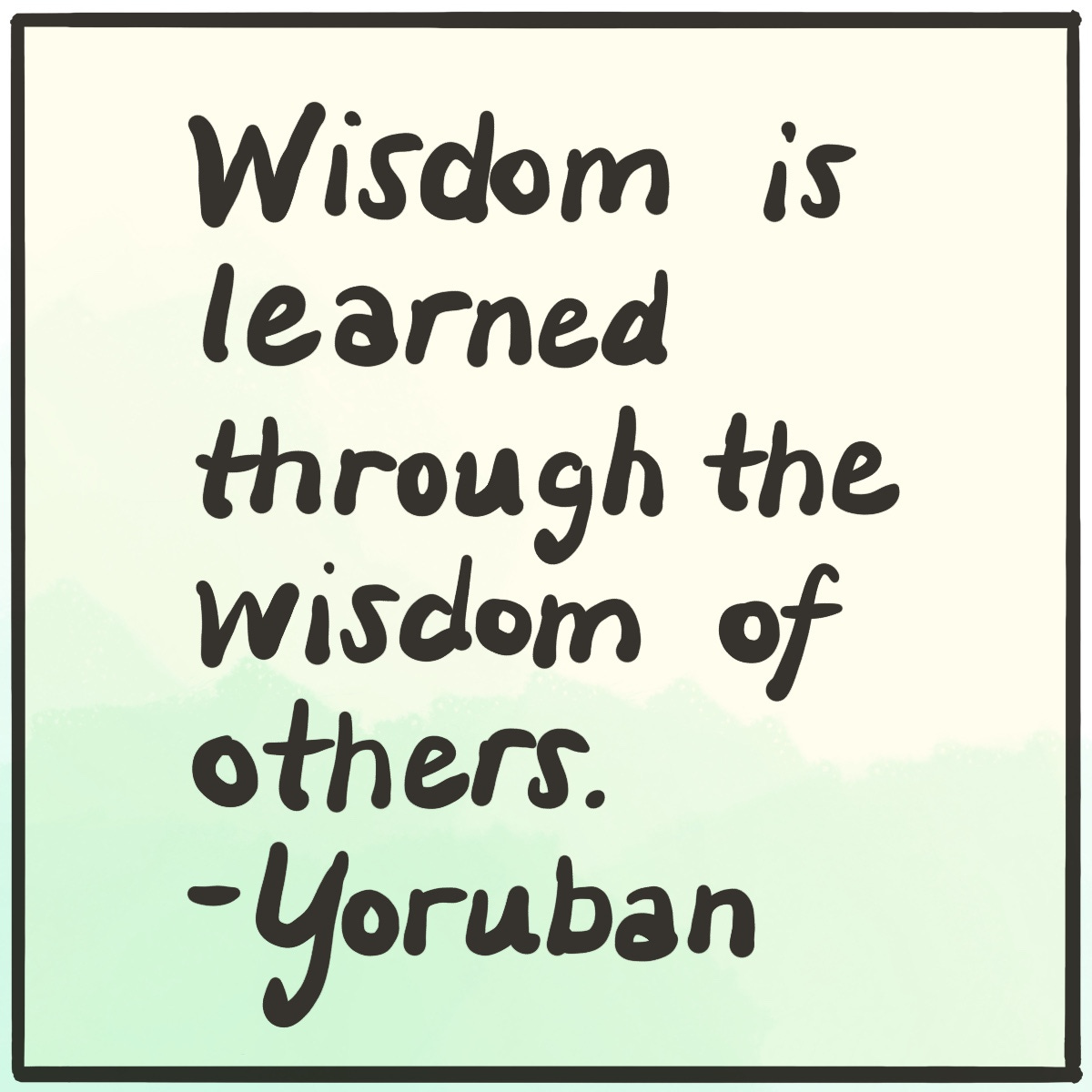
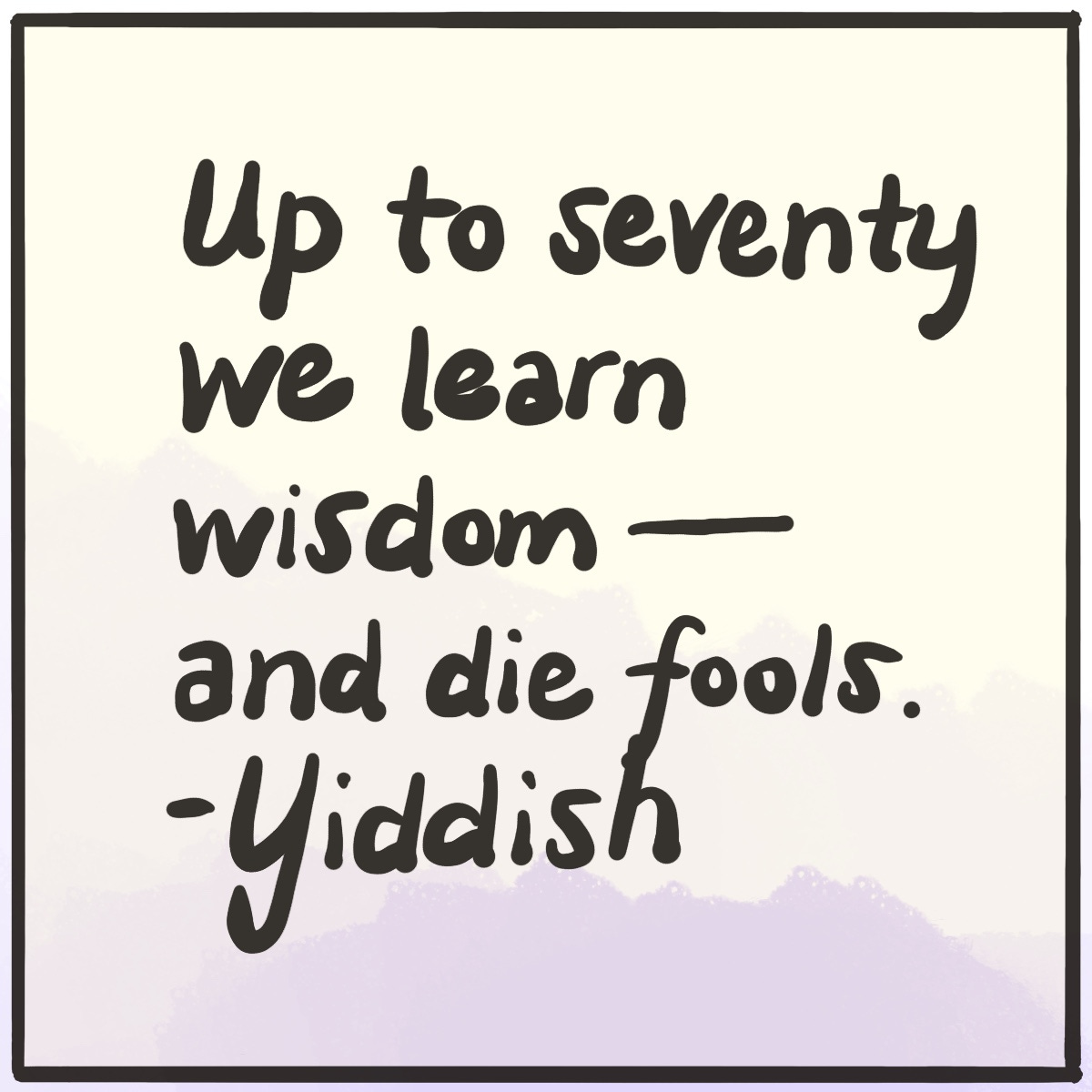

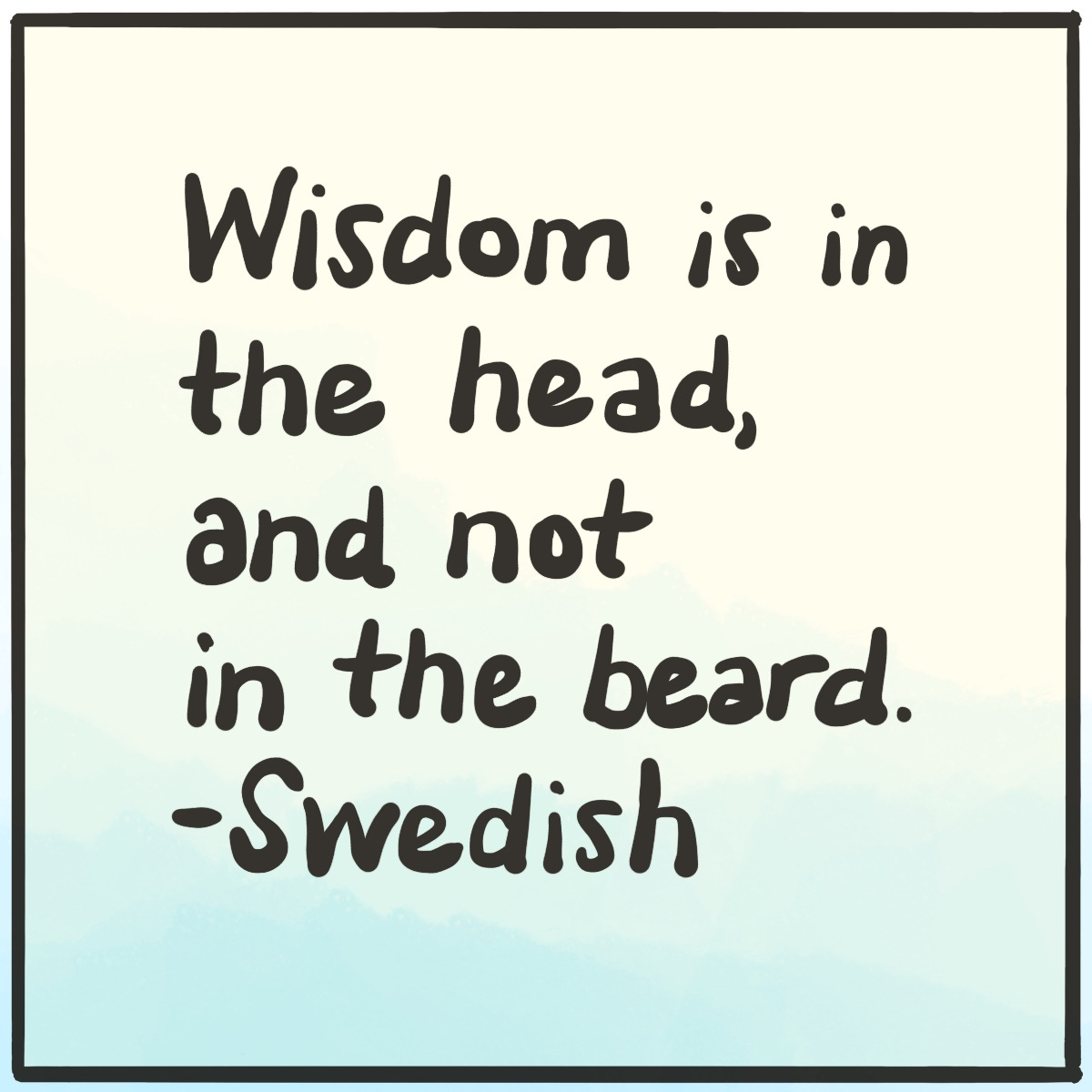
I really like this idea. I looked online and found a website called World of Proverbs that has a large selection. The only thing that the website seems to lack is a 'random' button. I wonder if anyone else has good sources of proverbs that would allow me to outsource the burden of settling on which one to pick.
Great idea! Of course, some of our Brazilian proverbs are not that suitable for the classroom. I wouldn'r recommend picking up "The little bird who eats stones knows what kind of a**hole it has" ("Passarinho que come pedra sabe o c* que tem") - this is an actual proverb, hahahaah.
But, more seriously, we have "blacksmith's house, wooden stick"; "in a blind country, he who has an eye is king", "God helps those who get up early", "to the one who loves the ugly, beautiful it seems to him", "curiosity killed the cat", "scalded cat is afraid of cold water", "bird who sleeps with bat wakes up upside-down", "soft water on hard rock, keeps hitting till it pierces", "for a good understander, half a word is enough" or alternatively "for a good understander, a dot [the one that goes on to top of an 'i'] is the whole letter", "rush is the enemy of perfection", "at night, all cats are dun".
I definitely could go on, this one I think is a great idea. I know I use some foreign ones, such as "speech is silver, silence is golden", "still waters run deep" and "blood is thicker than water".